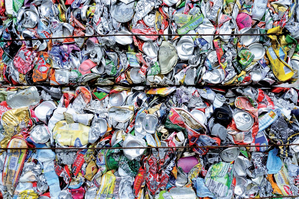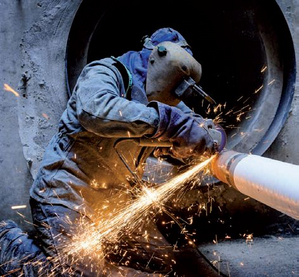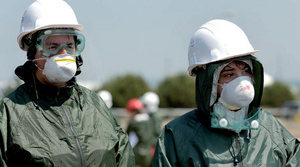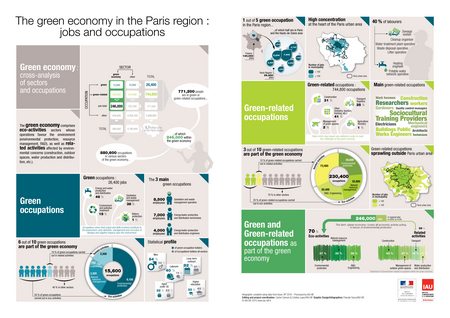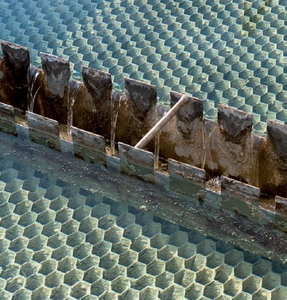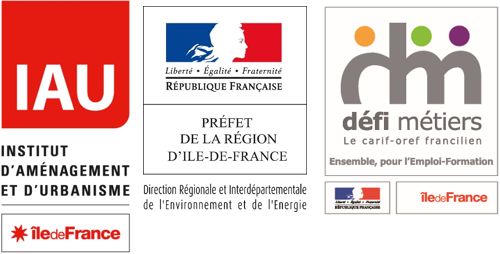Green occupations are those whose essential skillsets are recognised as being part of the environmental sector. They involve contributions to the assessment, early detection, limitation and correction of environmental damage. In the Paris region, 26,400 employees occupy roles which are "strictly" green, either within the green economy or outside it.
Newly-identified green occupations
These roles are focused on the production and distribution of energy and water (distribution engineer or EDF network controller), sanitation and waste management (sanitation operative, waste disposal operative, purification system operative, etc.).
Certain cross-sector roles are also included: pollution treatment technicians (water quality measurement technician, hygiene-safety-environmental training provider, etc.). Other roles focus on the protection of natural resources (national park ranger, forest warden, etc.).
In comparison with the rest of France, green occupations are slightly under-represented in Paris Region, despite the fact that the region represents 21% of overall employment in all sectors. When strictly defined, 19% of green occupations in France are found in the Paris region.
The majority of these roles are occupied by men in long-term (CDI) contracts, with few academic qualifications
A significant portion of green occupations are held by routine workers (40%) compared to all occupations (14%). This explains the overrepresentation of male employees: 84% of posts are occupied by men, compared to 51% across all occupations. Women are better represented in more highly-qualified cross-sector roles, occupying 38% of engineer-level posts and environmental technical management positions.
This sector of activity also employs more young people (32% of those active are aged 30 or under, compared to 22% in the job market as a whole).
Green occupations tend to represent roles with a certain level of employment stability, being distinguished by a high proportion of full time and long-term (CDI) contracts.
Taking relevant positions into account, almost a quarter of professionals doing green occupations do not have university degrees, compared to 17% across all occupations. Jobs pertaining to sanitation and waste management require relatively few qualifications: over half of these roles are occupied by individuals having only secondary education qualifications (brevet), compared to 20% of jobs in the overall workforce.
Conversely, only a third of those active in these roles possess higher education qualifications. Engineers and those working in environment management are highly qualified: 86% have a higher education qualification - twice the regional average.
